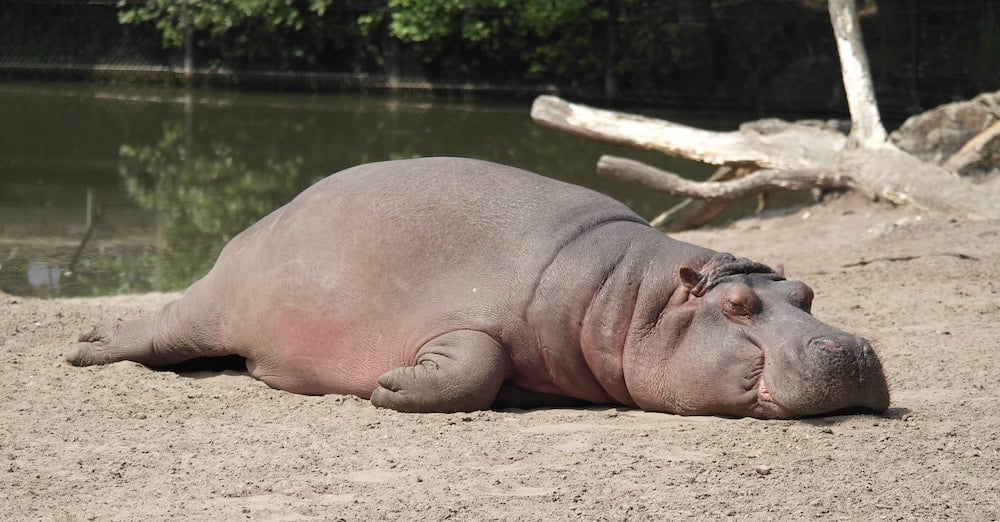Making a Difference in the World (as long as it's in medicine or law)
I’m an optimist. But wow, that bubble has been a bit deflated reading the recent Monash Uni discussion paper, Young Women Choosing Careers: Who...

Prompted by a recent article in The Guardian, BECOME Education Consultant Grace Kinch, has been thinking about some of the surprises students may stumble on if they aren’t given the time and tools to investigate occupations deeply.
We all too often hear of students choosing a career partly to please their parents and others. Medicine is the classic example, but this desire to please is by no means confined to medical careers.
The Guardian’s recent article, ‘Pushed into humanity’: can learning about storytelling make better doctors? by Paul Daley sparked a discussion at BECOME and made me think about why students really need to explore the world of work broadly and deeply.
In the article, Mariam Tokhi, GP and co-instructor on the University of Melbourne course on narrative medicine explains how narrative medicine is a way to acknowledge and respond to stories of patients:
“I was grappling with some really big questions around patients’ personal stories. I felt quite comfortable about the medicine of doctoring – you know, with the science and the guidelines and the protocols. But so much of it seemed to be about more than just that,”
“It seemed to be about how to really talk to someone. How do you hear what they’re trying to tell you? How do you show up for somebody’s story[?]”
This comment reminded me about how schools can help students to think about a career deeply, considering what lies beneath the surface rather than accepting a superficial picture of that occupation. All too often the tip of the iceberg gets all the focus and we need to explore the depths of what a career is fundamentally about.
To do many jobs well, you need empathy.

We all want a doctor who listens to us, but we also want a dentist, veterinarian, care worker, auto mechanic and more who listen and hear what we are saying.
Kudos go to the designer, consultant or architect who really listen to people and hear what they need – even when those needs are said silently. The chef, café owner or clinical dietician who has empathy for those who eat their food to be nourished.
But to have empathy you need to understand that your own life is complex. This makes you able to acknowledge complexity in the stories of other people. You listen partly because you expect their story isn’t simple.
In the BECOME program, a huge part of what schools are doing with students is digging deeper, laying the groundwork for student understandings about complexity and about themselves.
So if you’re a young person considering being a doctor, you need the opportunity to realise for yourself that you need empathy and people skills as well as everything else. Then you can work on getting those skills … or think deeper about your aspirations. (Perhaps you would be brilliant in a related medical field in diagnostics, research or analysis?)
By broadening young people's career awareness in BECOME we expose them to more of the diversity of human activity.
Students go deep into what it means to want to do an occupation, what success looks like when defined by themselves (not someone else), and how this occupation shapes your life.
I’d love for all students to have the opportunity and support to think deeply, know their own motivations (and acknowledge those influences from outside themselves), in order to design a career that truly fits them.

I’m an optimist. But wow, that bubble has been a bit deflated reading the recent Monash Uni discussion paper, Young Women Choosing Careers: Who...

You could hear a pin drop. It's a Wednesday afternoon and we're in a Professional Learning session with a dedicated group of high school teachers...

How do young people arrive at a point when they decide ‘what I want to do when I finish school’? This has been a passion of mine throughout my career...